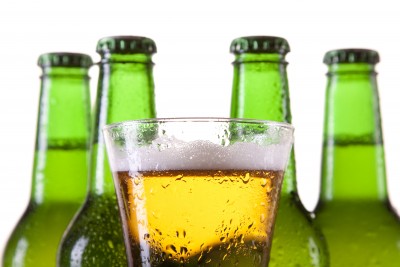There are a range of factors that research on adolescent alcohol and drug use have shown are associated with lowering the risk of abuse or addiction. The more of these you incorporate into your parenting, family and kid’s life, the less likely your kid will end up with alcohol or drug use problems.
Alcohol and drug free household. If you don’t want your kid to use, set the example by not having alcohol or drugs in the house. (And by not using alcohol or drugs yourself.)
Involved parents. Kids are less likely to get caught up in alcohol or drug use if their parents are actively involved in their lives. Spend time with, around and checking on what your kid is doing.
Clear parental expectations about teen alcohol and drug use. When parents are against alcohol and drug use, especially in teens, their kids are less likely to have alcohol and drug use problems. Make sure your kid knows where you stand on alcohol and drug use.
Regular conversations about (and discouraging) alcohol and drug use. You should be having regular (every 6 months or so) conversations with your kids about the problems with alcohol and drug use, what your expectations are about using and having your kid tell you what they think about alcohol and drug use.
Effective strategies for coping with stress. Alcohol and drugs are ideally suited for managing stress. That’s part of why people enjoy using them. Check up on your kids stress level and help them develop some effective coping strategies for managing their stress.
Sober friends or siblings. We are all influenced by who we hang around. Make sure your kid knows that if their friends (or siblings) are using, they will have less opportunity to spend time with them.
Clear personal goals and aspirations. If you have lofty goals and high aspirations, you are less likely to do something that will mess that up; like using alcohol or drugs. If your kid doesn’t have any clear goals they are working toward, it is time to help them. Require them to identify a goal they are going to work toward that requires concerted, sustained effort to achieve. If they can’t find one, pick something for them until they come up with something on their own.
Engagement in meaningful activities. Bored kids are kids at risk for looking for a quick fix. Enter alcohol and drugs. Like with personal goals, require your kid to find (or start looking for) some kind of meaningful activity. If they can’t find one, assign them one until they figure out one for themselves.
Active involvement in a faith community. Being involved in a faith community is associated with range of positive outcomes in teens, reduced likelihood for alcohol and drug use is one of them. Find a faith community for your family. It won’t be enough to just attend the main religious service. Your family and your teen must be involved in the larger faith community. This means attending religious observances but also attending religious classes, youth groups, family events, etc. And it doesn’t matter what faith tradition you belong to. All the major faiths bring the same benefit. Become a part of the community. It will help you and your kids spiritually, morally and socially.
Self-confidence and boundary setting. Kids who are sure of themselves and who are comfortable setting boundaries on other people’s behavior toward them are less likely to end up abusing alcohol and drugs. Help your kid assert themselves, express themselves and set limits on other people getting in their space or their business. These qualities are important for kids turning down offers or avoiding situations that could lead to alcohol or drug use.
Fiscal responsibility. And, finally, kids who have a lot of spending money are more likely to abuse alcohol and drugs. Follow the money. Provide them with just a little less money than they actually need so they have go without something they want to have money for something they need. Know how much they have and where it goes. And, while you’re at it, require them to budget what they spend and put a percentage of their income in savings.
These factors are an important part of your efforts to help your kid avoid developing a problem with alcohol or drug use. They are also generally important for healthy adolescent development. You won’t be able to protect them from being exposed to opportunities for alcohol and drug use. So make sure they are educated about risks and potential consequences, put some fear into them, keep a close eye on them and then (sigh) let them to venture out to begin to make their way in the world.
Good luck!

